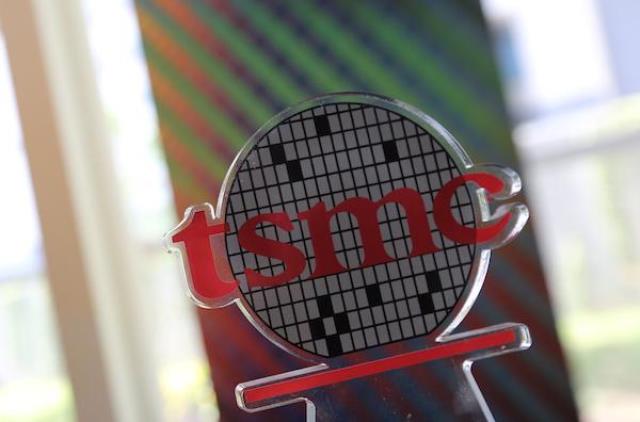The anticipated delay in Intel’s plans to outsource the GPU chipset in Meteor Lake to TSMC — will be forcing TSMC to lower the Capex in 2023.
 TSMC’s Capex in 2023 may be lower than in 2022, according to TrendForce research released recently. According to the early projection from the company, TSMC’s Capex will be $44 billion in 2022 to beef up chip production.
TSMC’s Capex in 2023 may be lower than in 2022, according to TrendForce research released recently. According to the early projection from the company, TSMC’s Capex will be $44 billion in 2022 to beef up chip production.
Intel was planning to mass produce Meteor Lake in H2 2022. Intel later postponed the production to H1 2023 due to product design and process verification issues. Recently, Intel postponed the production to the end of 2023, cancelling 3nm production capacity originally booked in 2023 with only a marginal amount of wafer input remaining for engineering verification.
But Intel denied that Meteor Lake will be delayed to 2024. Intel said consumer chips will launch in 2023. The TrendForce report indicates that this incident has affected TSMC’s production expansion plan, resulting in Apple being the one company among the first wave of 3nm process clients from 2H22 to the start 2023 with products including M series chips and A17 Bionic.
TSMC has decided to slow the progress of its production expansion to ensure production capacity is not excessively idle, leading to cost amortization pressure. TrendForce says Intel has significantly adjusted its 2023 outsourcing plan.
TSMC will be looking at other advanced process clients including AMD, MediaTek, and Qualcomm. All of these companies successively plan to mass-produce 3nm products in 2024.
Apple’s 2024 iPhone is expected to adopt 3nm processors.
Though TSMC has decided to curb its Capex in 2023 due to the delay of Intel products, TSMC’s annual revenue will grow compared with 2022 but at a slower rate. The reduction in Capex can relieve TSMC’s huge cost amortization pressure and reduce the degree of gross profit dilution in the early stage of 3nm mass production.
The development status of Intel’s Intel 4 process and the outsourcing situation are growth drivers for TSMC. If Intel 4 fails to mass-produce as scheduled, Intel may outsource its computing tiles to TSMC, strongly driving growth in 2024. If the Intel process develops smoothly, there remains the possibility of the company choosing to manufacture related products itself and canceling TSMC’s orders.
